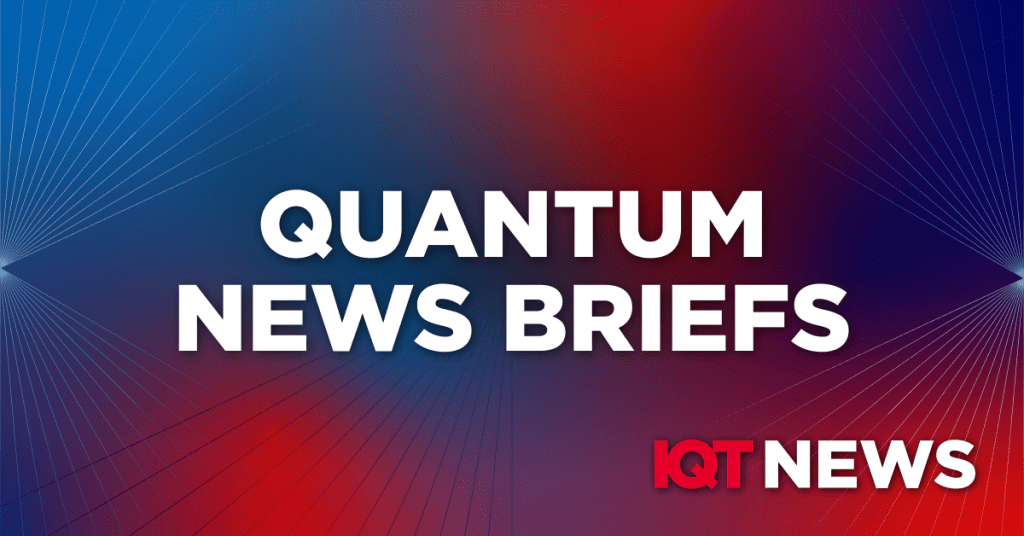Quantum news briefs: May 20, 2024: Press release summaries below:
Quantum: It’s real. It’s here. And Colorado is leading the way
A recent press release from the Colorado Office of Economic Development and International Trade highlights Elevate Quantum, a consortium of 120 organizations, which has established a quantum ecosystem with four Nobel laureates, three National Labs, and over $1 billion in venture capital. This has fostered the growth of more than 30 companies, employing around 3,000 workers, with projections to expand to 30,000 jobs in the next decade. Colorado’s leadership is evident through significant contributions from companies like Atom Computing and Quantinuum, and pioneering efforts by women leaders such as Sristy Agarwal and Dr. Rozhin Eskandarpour. The state’s recognition as a Regional Technology and Innovation Hub by the U.S. Economic Development Administration further solidifies its position as a national leader in quantum technology, driving job creation, economic growth, and technological advancements in fields like next-gen GPS, clean energy, and data processing.
TU Darmstadt Researchers Create Method for Timing Quantum Tunneling
Physicists from TU Darmstadt propose a new method to measure the time it takes for particles to tunnel, challenging previous claims that particles can tunnel faster than light. Quantum tunneling allows particles to pass through barriers they don’t have the energy to overcome, a phenomenon previously observed that seemingly violates Einstein’s theory of relativity. Researchers Patrik Schach and Enno Giese suggest using tunneling particles as clocks, comparing their oscillations to those of non-tunneling particles. This new approach aims to measure the elapsed time more accurately, potentially showing that the tunneling particles’ clocks are slightly delayed, contradicting the notion of superluminal speeds. Their experimental design, published in Science Advances, presents a major challenge, requiring the measurement of time differences as short as 10^-26 seconds.
In Other News: Defense Scoop article: “House panel calls for a DOD quantum computing Center of Excellence”
According to a new DefenseScoop article, a new proposal from House lawmakers aims to establish the U.S. government’s first Center of Excellence dedicated to military-specific quantum computing applications within the Defense Department. Quantum computing, part of the broader quantum information science field, leverages atomic and subatomic phenomena for advanced information processing. The proposed center would accelerate the transition of quantum technology from research to operational use, foster workforce development, and enhance understanding of quantum computing’s national security applications. If passed, the center would operate for 10 years, partnering with various stakeholders to advance quantum technology readiness. This initiative aligns with the bipartisan Defense Quantum Acceleration Act, reflecting a strategic push for DOD quantum R&D. The House Armed Services Committee will review the proposal on May 22.
